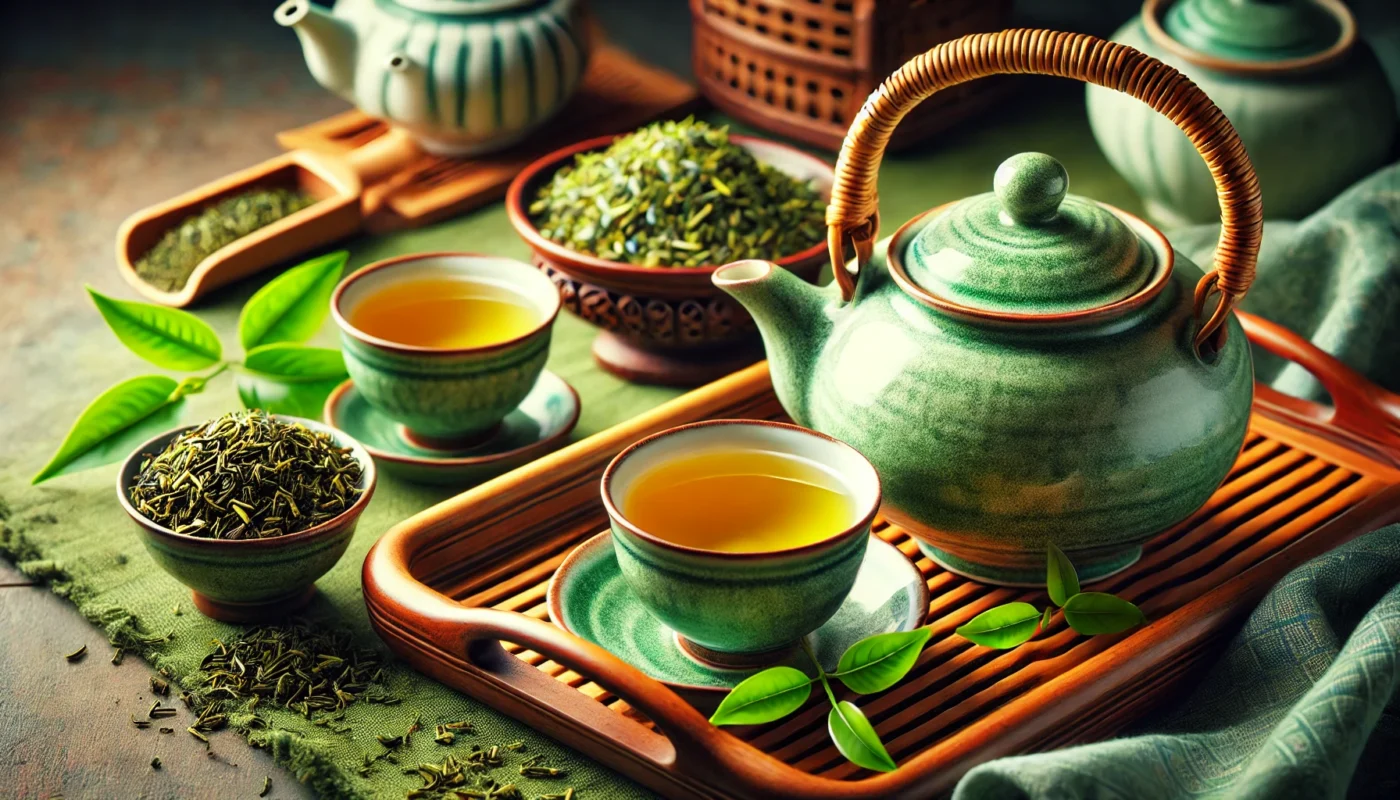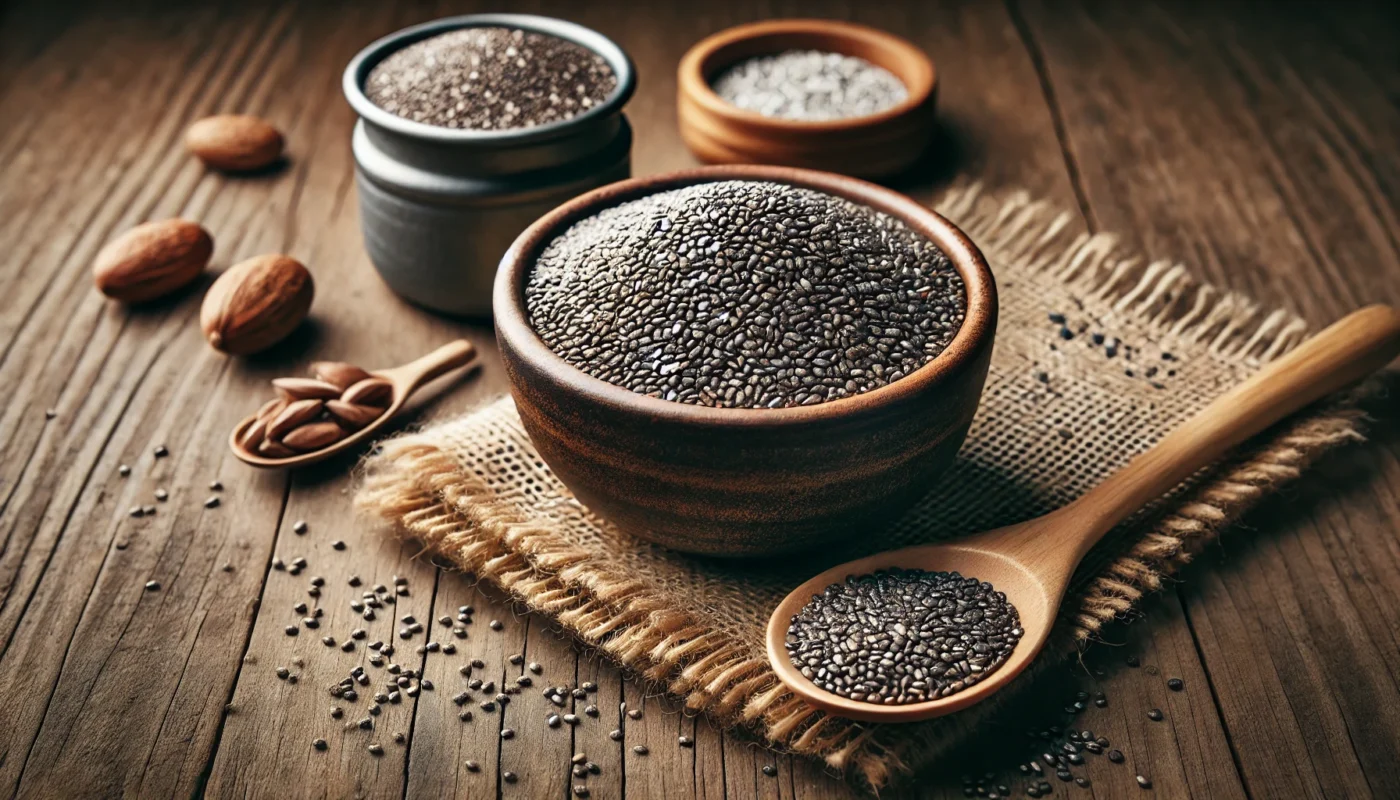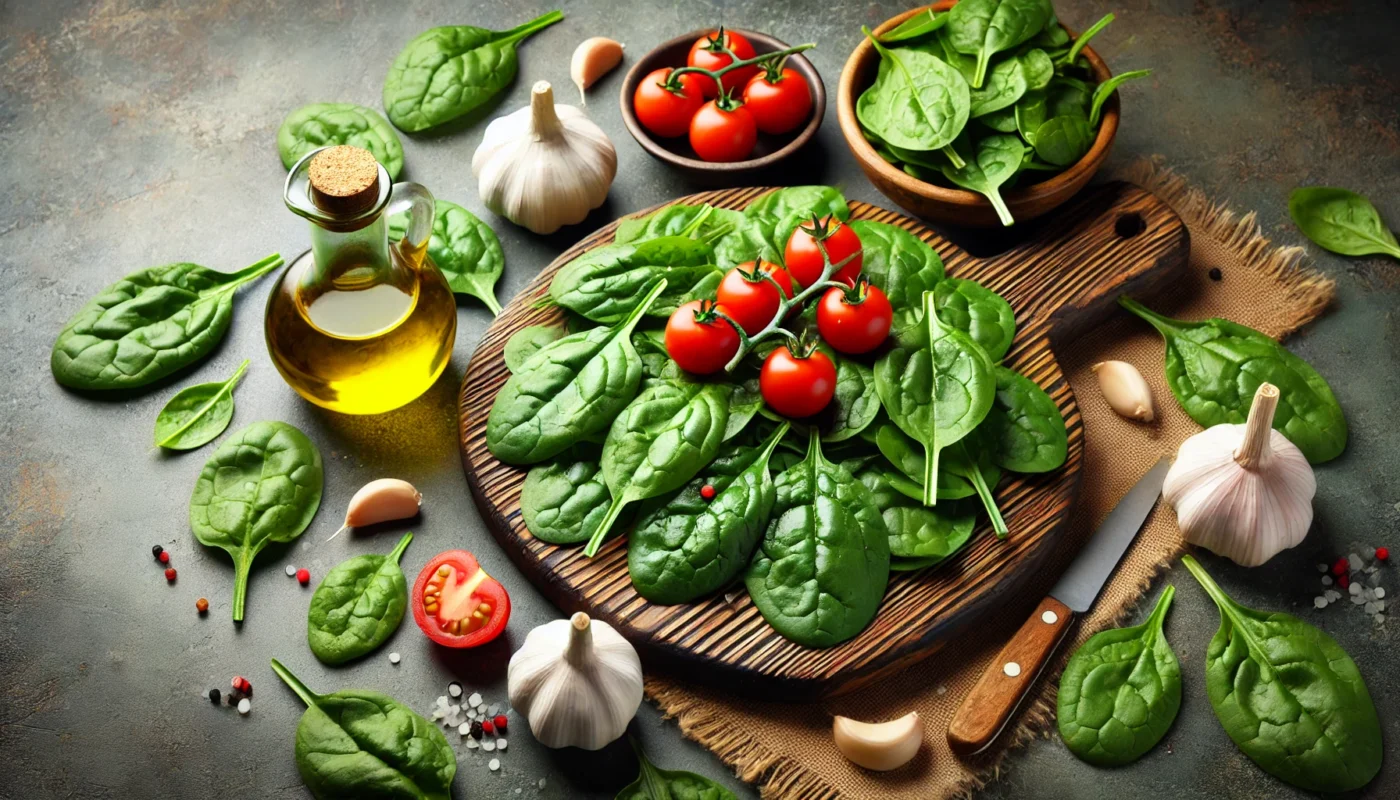Inflammation is a common health concern. It’s a natural response to injury or illness, but when it becomes chronic, it can lead to serious health issues.
Steroids, like prednisone, are often prescribed to manage inflammation. They’re effective, but they come with potential side effects, especially with long-term use.
This raises a question. Is there an alternative to steroids for inflammation?
The answer is yes. There are numerous natural and over-the-counter options that can serve as substitutes for steroids. These alternatives can offer anti-inflammatory benefits without the risks associated with steroids.
In this comprehensive guide, we’ll explore these alternatives in detail. We’ll delve into the science behind them and provide practical advice on how to incorporate them into your health regimen.
Whether you’re a fitness enthusiast, a health enthusiast, or a medical patient, this guide is for you. It’s designed to help you understand the scientific research behind alternative health practices and how to apply them effectively to your personal health goals.
So, let’s embark on this journey of exploring non-steroidal anti-inflammatory options. It’s time to take control of your health and wellbeing.










